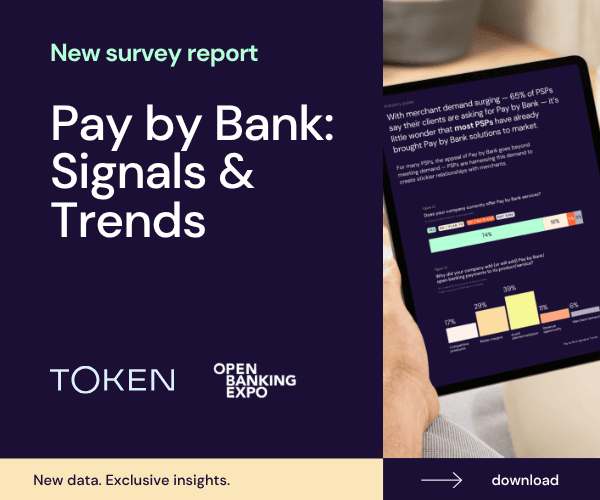

Smarter Contracts partners to pilot national ‘Vulnerability Passport’
Press Release | News
12 Nov 2025
Source: Smarter Contracts
Smarter Contracts, a finalist in the Department for Business and Trade’s Smart Data Challenge, has partnered with the Vulnerability Registration Service (VRS) to pilot a national “Vulnerability Passport” that allows vulnerable individuals to verify their status once and share it across any organisation.
Millions of vulnerable customers must repeatedly prove their vulnerability status – telling their bank, then their energy supplier, then their telecom provider. Each time reliving difficult circumstances. As Smart Data expands beyond Open Banking, there is evidence to show this friction will intensify. The Vulnerability Passport is designed to eliminate this friction, allowing vulnerable people to verify once and share across any organisation in just a few clicks.
FCA identifies repeated disclosure as critical barrier
The FCA’s March 2025 review of vulnerable customer treatment identified repeated disclosure as a critical barrier. Only 42% of vulnerable customers have disclosed to firms, with 37% citing embarrassment.
The regulator praised firms using centralised systems within their organisations to ensure individuals don’t have to repeat disclosures across departments, but these systems cannot be shared across organisational boundaries. A bank’s system doesn’t talk to an energy supplier’s system or a telecom provider’s system. As such, when vulnerable individuals need support across multiple sectors, they must re-disclose to each one separately.
The Vulnerability Passport eliminates this by making verified vulnerability status portable across all organisations.
Smart Data Friction
“Smart Data provides UK citizens with amazing opportunities, but the more schemes we deploy, the more friction vulnerable people face,” said Wayne Lloyd, chief executive officer of Smarter Contracts.
“Open Banking requires consent and disclosure. Open Energy requires another. Telecoms, another. Each designed for efficiency, but together creating an unintentional burden for those who need support to access these services.”
Lloyd continues: “The Vulnerability Passport solves this. Our patented cross-sector infrastructure ensures verified vulnerability status works everywhere, under the user’s control. This pilot will prove we can eliminate repeated re-disclosure while demonstrating how frictionless data sharing delivers better customer outcomes.”
How it works
The Vulnerability Passport combines VRS’s verified vulnerability data with Smarter Contracts’ Pulse+ app. Individuals verify their vulnerability with VRS once and download their vulnerability passport via Pulse+. From there, individuals and their carers can share their verified vulnerability status with any organisation – from suppliers across finance, energy, telecoms, healthcare and local authorities.
The patented architecture of Pulse+ ensures individuals and their carers maintain full control of the data, with real-time visibility into which organisations access their vulnerability information and for what purpose. Pulse+ also fuses usage permissions directly into the data, enabling trusted cross-sector portability given the permissions travel with the data in real-time.
The solution ensures the vulnerability status is portable across all sectors while reducing organisational risk and improving customer experience. Organisations receive trusted verification from first contact, enabling appropriate support immediately.
Addressing real pain
“VRS exists to support vulnerable people, and we hear the same frustration: Why do I have to keep explaining my situation?” said Helen Lord, chief executive officer of VRS.
“A person dealing with cancer tells their bank. Then their energy supplier. Then their council. Each time reliving difficult circumstances.
“We’ve built trust and verification, but never solved portability – until now. For organisations, this means providing appropriate support from first contact. That’s what Consumer Duty requires. That’s what vulnerable people deserve.”
Further reading: Smart Data Challenge Prize finalists revealed



